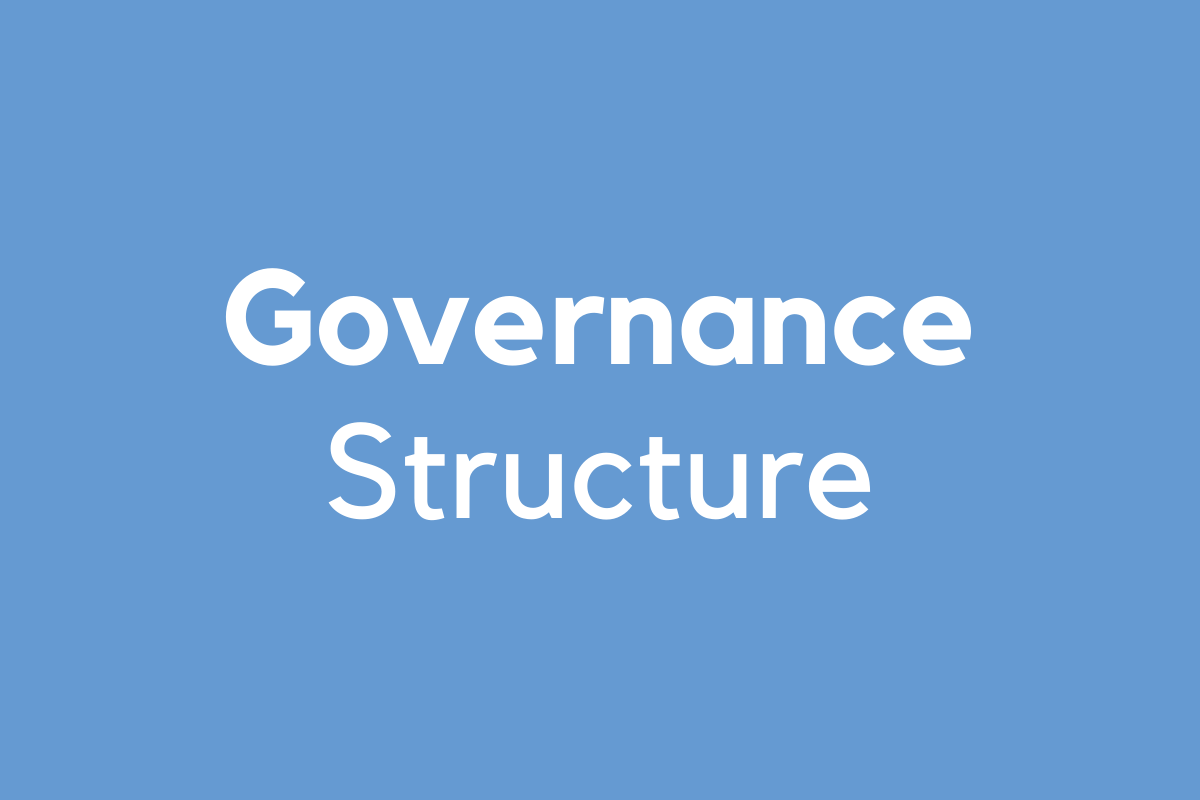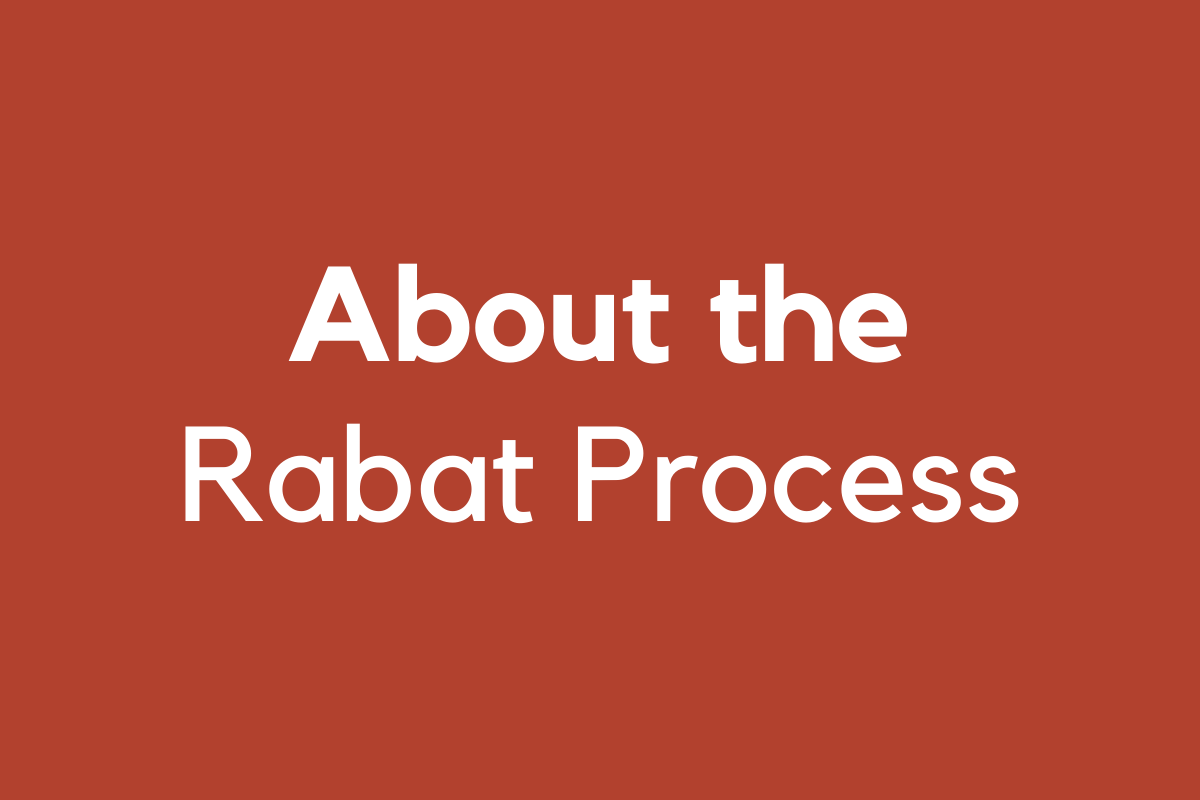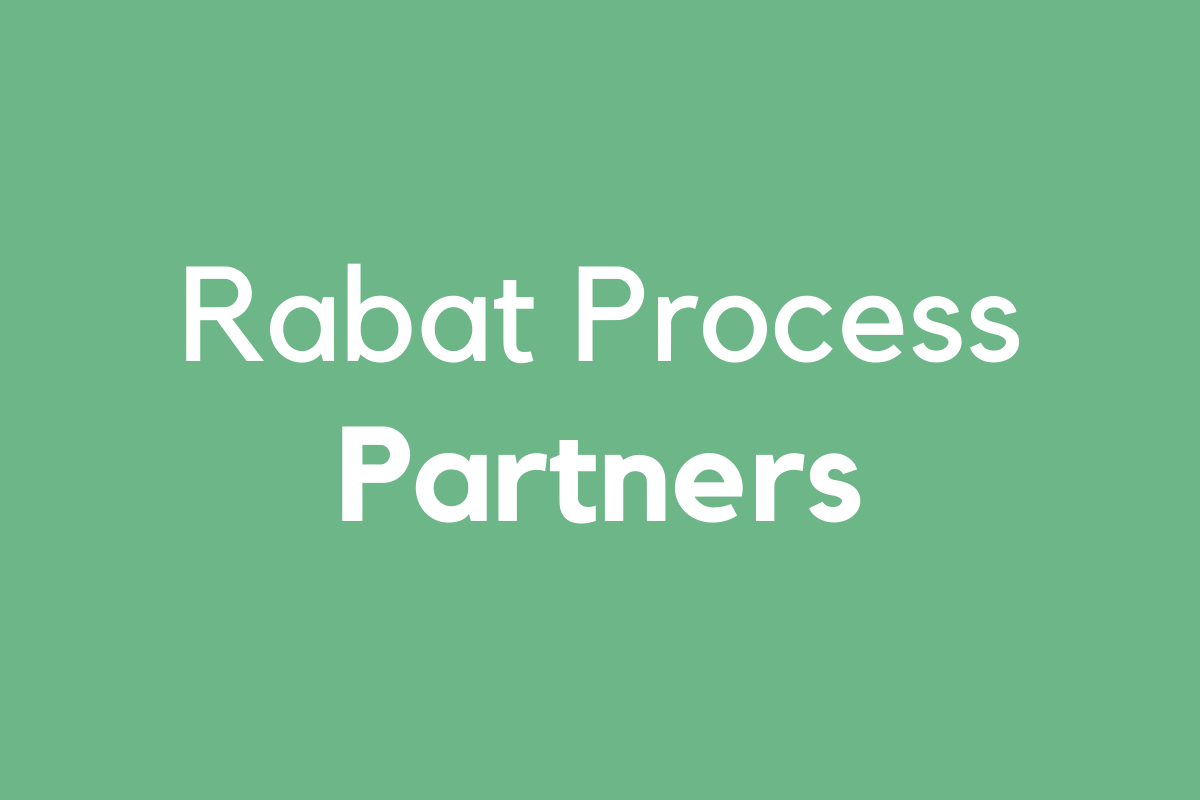The Rabat Process Secretariat facilitates the Dialogue and supports partner countries in a variety of ways. It is a demand-driven entity, responding to the needs of and accompanying the National Focal Points, the Steering Committee and its Chair. The Secretariat is currently funded by the European Union and implemented by the International Centre for Migration Policy Development as part of the project “Support to Africa-EU Migration and Mobility Dialogue (MMD)”.
The role of the Secretariat
The Secretariat works in close partnership with the Steering Committee, its Chair, and the network of National Focal Points. It supports each of them in fulfilling their specific role in the Dialogue framework, provides continuity and acts as the institutional memory of the Rabat Process. The Secretariat’s specific activities evolve in line with the needs of the partners and the strategic objectives of the Dialogue, always in support of the state-driven nature of the Rabat Process.
Current activities
The current activities of the Secretariat focus on supporting the Dialogue process in all its aspects, from organising meetings and providing expertise to developing knowledge-sharing tools and strategic liaison (from technical to high-level) with partners.
The Secretariat’s support activities can be subsumed under the following complementary areas:
The Secretariat...
▸Facilitates the Dialogue process
-
Plays a key role in the development of agendas, preparatory documents and recommendations of thematic meetings and political meetings.
-
Acts as “neutral-broker”, providing expertise to the Chair and Steering Committee and proposing ideas.
-
Develops and maintains a network of Dialogue partners, including National Focal Points who are at the heart of the Rabat Process, and consults them regularly.
-
Organises, sometime co-organises, and ensures the smooth running of the Dialogue events and activities, providing logistical support and funding.
▸Generates and shares knowledge
-
Collects and generates knowledge, including best practices, and uses communication tools to share it among Dialogue partners and beyond.
-
Works to increase visibility and understanding of the Dialogue externally.
-
Serves as the institutional memory and ensures the continuity and relevance of the Rabat Process
▸Builds networks and creates synergies
-
Fosters links with external stakeholders, such as international organisations, civil society, academics and experts.
-
Creates synergies with other regional consultative processes, such as with the Niamey Declaration partners (supported by UNODC) with a view to sharing experiences and best practices.
-
Creates and maintains common working modalities and strong complementarities with the Khartoum Process under the Valletta framework, to follow-up on progress of the Joint Valletta Action Plan (JVAP).
-
Represents the Rabat Process in international fora and other external meetings when relevant and in close coordination with the Chair.
The latest information about the activities carried out by the Secretariat can be found in the activities section.
The evolution of the Secretariat’s activities
Over the years, the Secretariat’s activities have evolved in line with the needs of the Dialogue partners. After the foundation of the Dialogue in 2006, the partner countries soon realised that there was a need for an efficient and fully dedicated body that could support the Dialogue’s activities, assist the wide network of stakeholders and ensure continuity and added-value. In 2008, the first “Support Project” was set up. Since then, these projects have been periodically renewed and are now known as the Secretariat of the Rabat Process.
The activities of the Rabat Process Secretariat have progressively evolved from a strong focus on logistical support for Dialogue meetings in the earliest project phase (2008-2010) towards a wider range of activities and expertise offered to the dialogue partners. From 2013 to 2018, on-demand capacity building actions and trainings were successfully piloted by the Rabat Process Secretariat. The 2015 migration crisis and the introduction of the Valletta framework renewed the momentum for dialogue activities, which is also reflected in the 2018 Marrakesh Action Plan adopted by the Rabat Process. As a consequence, the Secretariat’s activities currently focus strongly on supporting the partners in all aspects of dialogue, technical and political cooperation and knowledge-sharing and -building.
Funding and implementing partners
The Rabat Process Secretariat and its activities are currently funded by the European Union. The European Commission entrusts the role of Secretariat for migration Dialogues to various organisations in the area of migration. Currently, the International Centre for Migration Policy Development (ICMPD) is implementing the Secretariat as part of the overarching project “Support to Africa-EU Migration and Mobility Dialogue (MMD)”. The MMD project contributes to the implementation of the Joint Africa-EU Strategy, launched at the Africa–EU Summit in Lisbon in 2007.





